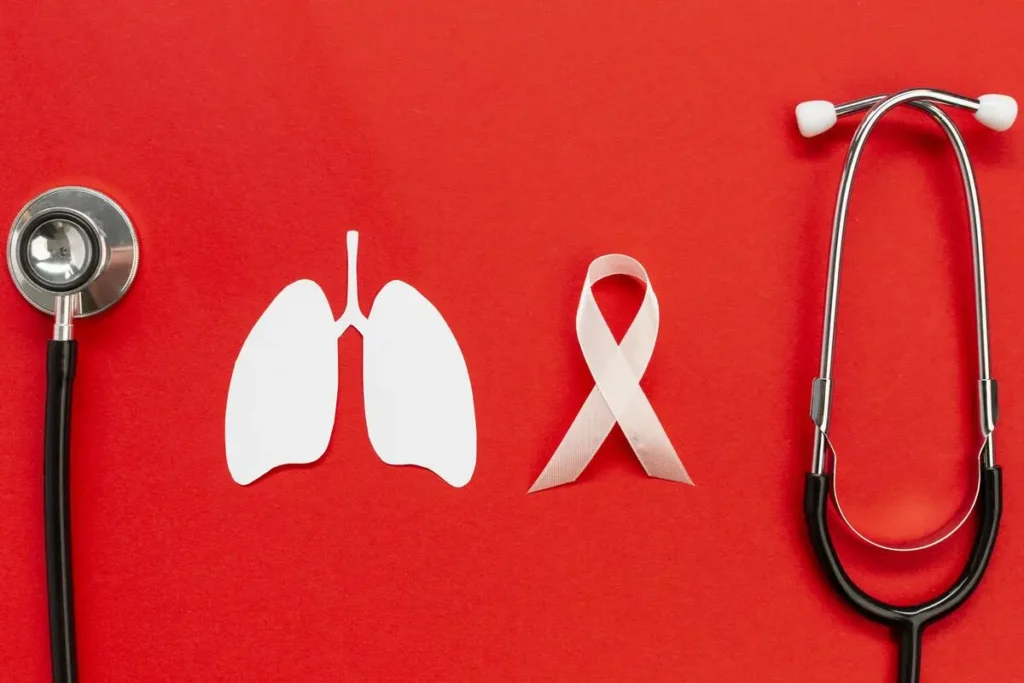Now Reading: How Does Social Media Help to Fight Corruption?
-
01
How Does Social Media Help to Fight Corruption?
How Does Social Media Help to Fight Corruption?

Social media has become a powerful weapon against corruption. It spreads awareness, promotes transparency, empowers whistleblowers, unites communities, and holds leaders accountable. By connecting people worldwide and enabling real-time action, it transforms the fight for justice into a collaborative, impactful movement that challenges dishonesty at every level.
Corruption is one of those problems that eats away at society from the inside. It slows progress, wastes public money, and erodes trust in leaders. For years, exposing it was slow and risky. Now, the rise of social media has given ordinary people a powerful way to shine a light on wrongdoing.
Platforms like Facebook, Instagram, X (Twitter), and TikTok aren’t just for personal updates anymore. They’ve become places where citizens share evidence, discuss public issues, and demand answers. If you’re asking yourself how does social media help to fight corruption, the answer lies in its ability to connect people, spread information quickly, and hold power to account.
1. It Puts Corruption in the Spotlight
One of the biggest obstacles to tackling corruption is ignorance—people can’t act against what they don’t know about. Social media makes it much harder for misconduct to stay hidden.
If someone records a bribe taking place or shares a document showing misuse of public funds, that content can travel across the country within hours. A viral video or post doesn’t just tell a story; it invites discussion, media coverage, and often, official investigations.

2. It Forces Transparency
When leaders and organizations know their actions could end up online, they’re more cautious. Social media is like a constant watchtower—anyone with a phone can be a reporter.
For example, if a local government promises to build a new school and the site sits empty for months, residents can post photos, tag officials, and ask questions publicly. This visibility is a practical example of how social media helps to fight corruption—by making secrecy more difficult and honesty more necessary.
3. It Demands Accountability
Transparency is only half the battle. The next step is making sure wrongdoers face consequences. Social media gives the public a direct line to leaders, and when questions are asked in front of thousands, ignoring them is risky.
Petitions, hashtags, and coordinated online campaigns show that communities are paying attention. This collective pressure is a big reason why leaders sometimes act faster when an issue goes viral.
4. It Protects Whistleblowers
Speaking up against corruption can be dangerous. Whistleblowers risk their jobs, reputations, and sometimes their safety. Social media gives them a platform to share information sometimes anonymously and reach a wide audience without going through traditional media channels.
Public support online can act like a shield. Once a whistleblower’s story gains attention, it’s much harder for corrupt figures to quietly retaliate.
5. It Builds Movements, Not Just Moments
A single post can get attention, but lasting change needs organization. Social media connects people who care about the same issue, helping them plan protests, start petitions, or share resources.
A campaign in one city can inspire similar efforts elsewhere. This networking power is a clear example of how social media helps to fight corruption by turning individual frustrations into organized, sustained action.
6. It Tracks Progress and Keeps Pressure On
It’s easy for officials to make promises when cameras are rolling. It’s harder to keep those promises when the public is watching every step. Social media users can post updates, highlight successes, or call out failures.
This constant feedback loop ensures that corruption cases don’t fade away after the headlines disappear. People can keep demanding updates until the matter is resolved.
7. It Inspires Change Across Borders

Corruption is a global problem, and social media connects people worldwide. Activists share strategies, success stories, and even cautionary tales. A protest method that works in one country might be adapted in another.
This cross-border collaboration is a strong example of how does social media help to fight corruption not just at home, but as part of a global movement toward transparency and fairness.
8. The Risks and Responsibilities
Social media is powerful, but it’s not perfect. False information can damage innocent people, and heated online debates can turn ugly. That’s why fact-checking is essential before sharing anything.
Used responsibly, social media can bring real change. But reckless use spreading rumors or attacking without evidence—can harm the very cause it’s meant to support.
Quick Answers to Common Questions
By giving citizens a place to share evidence and publicize issues, making it harder for corruption to stay hidden.
Yes. Many channels allow whistleblowers to share information without revealing their identity.
Absolutely. Posts, videos, and campaigns help people understand their rights and recognize dishonest behavior.
They can unite people under a single cause, making it easier for campaigns to gain momentum and visibility.
Yes. It gives people a voice, connects them to others, and turns frustration into coordinated action.
Final Thoughts
The fight against corruption is far from over, but social media has changed the game. It spreads awareness, pushes for transparency, and helps communities organize for real impact. When used wisely, it shows exactly how does social media help to fight corruption by giving ordinary people the tools to hold power accountable, demand fairness, and push for lasting change.

Grayson Wells is a U.S. tech journalist specializing in gadgets and gaming. He reviews the latest gear, explores industry trends, and delivers clear, practical insights for everyday readers and enthusiasts.
Stay Informed With the Latest & Most Important News
Previous Post
Next Post
-
 01Happy Gilmore 2: Your Complete Guide to the Golf Comedy Sequel
01Happy Gilmore 2: Your Complete Guide to the Golf Comedy Sequel -
 02Joe Root’s Test Runs: England’s Batting Genius in Focus
02Joe Root’s Test Runs: England’s Batting Genius in Focus -
 03The Bad Guys 2 (2025): Everything We Know So Far
03The Bad Guys 2 (2025): Everything We Know So Far -
 04Demon Slayer: Kimetsu no Yaiba The Movie: Infinity Castle Tickets – Your Guide to the Epic Anime Event
04Demon Slayer: Kimetsu no Yaiba The Movie: Infinity Castle Tickets – Your Guide to the Epic Anime Event -
 05The Naked Gun 2025: What to Know About the Comeback Comedy Starring Liam Neeson
05The Naked Gun 2025: What to Know About the Comeback Comedy Starring Liam Neeson -
 06RTX 50 Series Unleashed: Next-Gen Gaming Power Awaits!
06RTX 50 Series Unleashed: Next-Gen Gaming Power Awaits! -
 07Freakier Friday 2025: Full Cast Breakdown, Plot Twists, Musical Throwbacks & Streaming Info
07Freakier Friday 2025: Full Cast Breakdown, Plot Twists, Musical Throwbacks & Streaming Info














